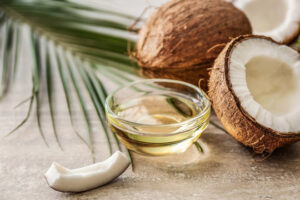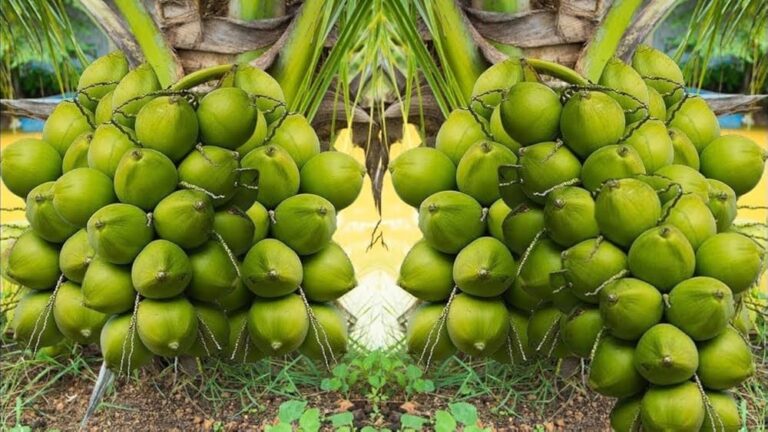Every year, as Ramadan approaches, the price of coconuts surges, and this year is no exception. The price of coconuts has jumped between MVR 40 to MVR 60 per piece, causing a significant burden on consumers. This pattern has repeated itself for the past five years, yet the Maldivian government has done little to address the root cause—our country’s heavy dependence on coconut imports. With numerous uninhabited islands and ample space to cultivate coconut palms on an industrial scale, why hasn’t the government prioritized coconut farming?
Missed Economic Opportunity
The Maldives has a long history with coconuts. They are an essential part of our cuisine, used in everything from curries to desserts. Yet, despite having the perfect climate for coconut cultivation, we continue to rely on imports from neighboring countries like Sri Lanka, Indonesia, and India. Over the past decade, we have even started importing processed coconut milk in packets, further increasing our dependency on foreign goods.

If the government invested in large-scale coconut farming, not only could we meet local demand, but we could also produce coconut oil and other coconut-based products for export. The global demand for coconut oil and coconut milk has skyrocketed in recent years. The market for coconut oil is projected to reach $7.5 billion by 2027, while the coconut milk industry is expected to surpass $2.1 billion by 2026. These figures indicate a massive opportunity that Maldives is failing to capitalize on.
The STO Band-Aid Solution
This year, the State Trading Organization (STO) has once again stepped in to mitigate the coconut price hike by importing coconuts from India and selling them at a controlled price of MVR 5. While this may provide temporary relief, it does nothing to address the long-term issue. Importing coconuts at a cheaper rate is only a short-term fix and does not solve the core problem of supply shortages during peak seasons.
Rather than relying on imports year after year, why doesn’t the government take proactive steps to ensure that local farmers are given incentives to grow more coconut palms? By working with the Ministry of Economic Development and the Ministry of Fisheries, Marine Resources, and Agriculture, the government can create a framework that encourages the private sector to invest in large-scale coconut farming. These ministries should open up opportunities for private sector participation, offering incentives, land access, and technical support to establish coconut plantations across uninhabited islands.
A Sustainable Solution
Coconut cultivation is a long-term investment that would benefit the Maldivian economy in multiple ways:
- Price Stability: A steady supply of locally grown coconuts would prevent seasonal price spikes, stabilizing costs for consumers.
- Job Creation: Establishing coconut farms and processing plants would provide employment opportunities for locals, boosting rural economies.
- Export Potential: With global demand on the rise, the Maldives could position itself as a major supplier of high-quality coconut-based products.
- Food Security: Reducing reliance on imports ensures we are not at the mercy of fluctuating international prices and supply chain disruptions.
For too long, we have relied on imported coconuts and coconut-based products, ignoring the fact that we have the resources to produce them ourselves. The government must take urgent action by developing an industrial-scale coconut farming initiative that involves the private sector. By collaborating with the Ministry of Economic Development and the Ministry of Fisheries, Marine Resources, and Agriculture, the government can create a sustainable solution that ensures food security, stabilizes prices, and boosts exports. If we fail to act now, we will continue to pay the price—literally—every Ramadan.


